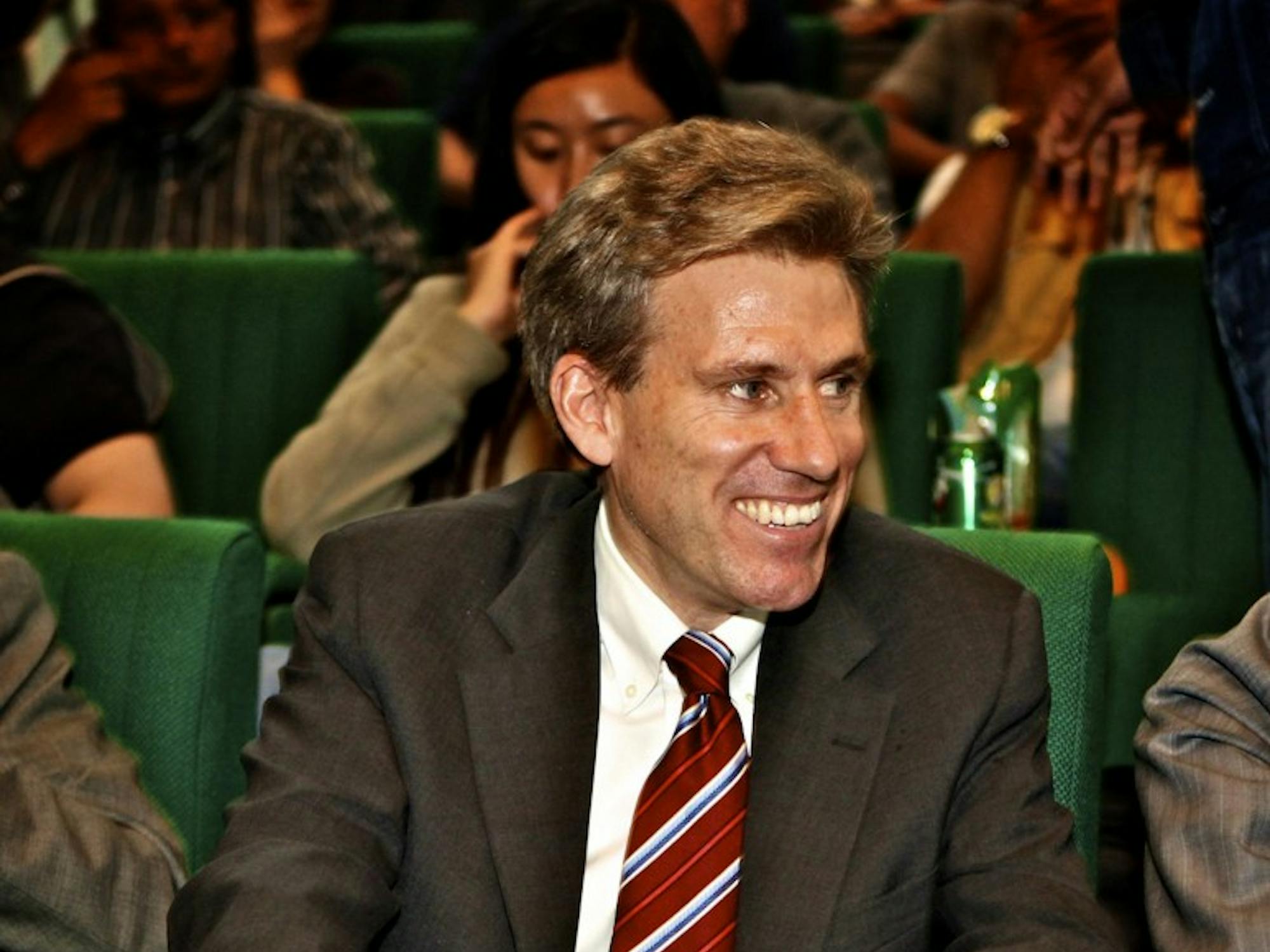Another week, another depiction of the Islamic Prophet Mohammad that infuriated someone enough to cause a deadly protest. It’s difficult to tell which will happen first: Non-Muslims no longer referencing the prophet in films and cartoons, or small Islamic groups no longer perpetuating the stereotype that Muslims are violent and deadly.
Last week on Sept. 11, militants attacked the U.S. consulate in Benghazi, killing four Americans, including U.S. Ambassador to Libya Christopher Stevens. The U.S. Embassy in Cairo was also attacked, but no one was injured.
The protest began because of a film produced in the U.S., which was described as insulting the Prophet Mohammad, a common theme in recent years.
In 2005, Danish newspaper Jyllands-Posten published 12 caricatures featuring the Prophet, causing riots in the Middle East and Africa. At least 200 people died and many more were injured with the burning of embassies and churches, fights with police and other protests, wrote New York Times columnist Patricia Cohen. The relationship between this incident and that of last week is clear.
Western ideals of free speech are clearly not shared on a global level, particularly in countries where religion is integrated into law. While it can be seen as honorable to uphold the tenets of freedom that are declared to define America, when will opposing viewpoints be considered?
Unfortunately, American media has been demonizing Islam since the 9/11 attacks and insinuating that “Muslim” and “terrorist” are synonymous. However, one of the major underlying themes in the Quran, or holy book of Islam, is peace.
These few protestors see no other way to defend their beliefs and be taken seriously without violence, but give all Muslims a bad image.
Libyan peaceful protestors have been attempting to fight this violent image, according to Daily Mail reporters Jill Reilly and Thomas Durante. Posters appealing to the American people were held up, with sayings including, “Sorry people of America, this is not the behavior of Islam or our Prophet,” “Thugs and killers don’t represent Benghazi nor Islam” and “Benghazi is against terrorism.”
In essence, the main issue here is whether or not Westerners should lighten up on the use of potentially offensive images, or if the actions of violent Islamic groups should not deter films and other media depicting the Prophet. Although free speech is very important to me, I have also been raised in a culture where this right has always been part of my life.
More discretion and sensitivity should be used when it comes to such depictions, especially intentions behind such media. What reasons are there for offending countless Muslims? Or do these depictions not seek to offend, but assumed insults cause extremists to riot?
Ann Coulter, ultra-conservative columnist and author said, “Perhaps we could put aside our national, ongoing, post-9/11 Muslim butt-kissing contest and get on with the business at hand: Bombing Syria back to the Stone Age and then permanently disarming Iran.”
Will more people begin to agree with this radical statement if such protests continue? I truly hope not.
Solutions to this problem are sparse, but considering other people’s beliefs when producing something that will be seen by millions is a start.










